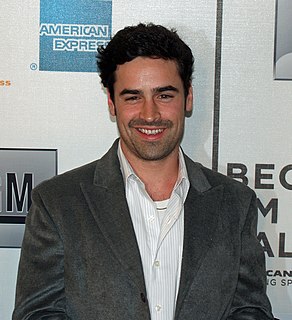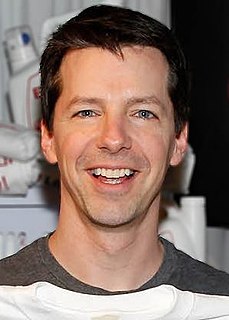A Quote by Christian Campbell
Related Quotes
When you have a full page of well-written dialogue that has a thought process to it, it is pretty easy to memorize. It's a lot easier to memorize than if you're in a scene and other people are talking, and you have maybe one word or one sentence that you have to interject at the right time and in a natural way.
Prepare yourselves mentally. A mission requires a great deal of mental preparation. You must memorize missionary discussions, memorize scriptures, and oftentimes learn a new language. The discipline to do this is learned in your early years. Establish now the daily practice of reading the scriptures ten to fifteen minutes each day. If you do so, by the time you reach the mission field, you will have read all four of the standard works. I urge you to read particularly the Book of Mormon so that you can testify of its truthfulness as the Lord has directed.
When I go to the cinema, I want to have a cinematic experience. Some people ignore the sound and you end up seeing something you might see on television and it doesn't explore the form. Sound is the other picture. When you show people a rough cut without the sound mix they are often really surprised. Sound creates a completely new world. With dialogue, people say a lot of things they don't mean. I like dialogue when it's used in a way when the body language says the complete opposite. But I love great dialogue I think expositional dialogue is quite crass and not like real life.
One of the disadvantages of poetry over popular music is that if you write a pop song, it naturally gets into people's heads as they listen in the car. You don't have to memorize a Paul Simon song; it's just in your head, and you can sing along. With a poem, you have to will yourself to memorize it.


































